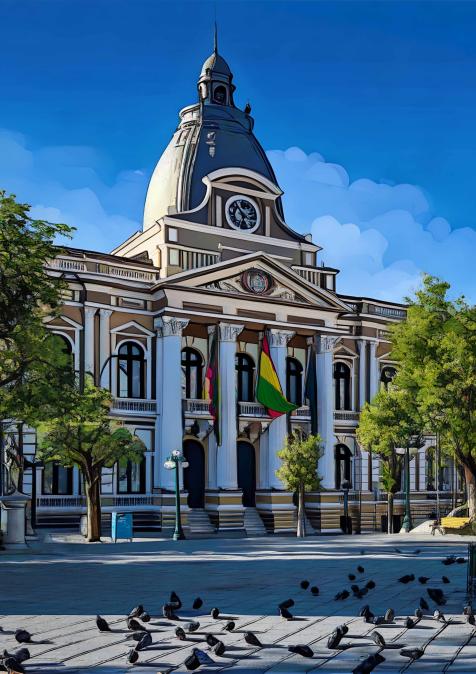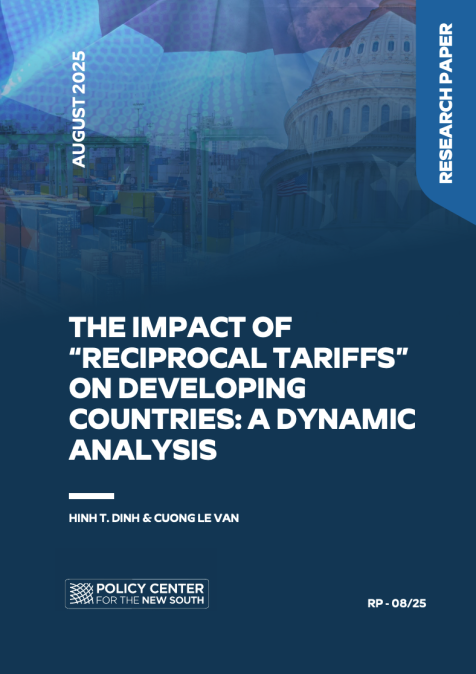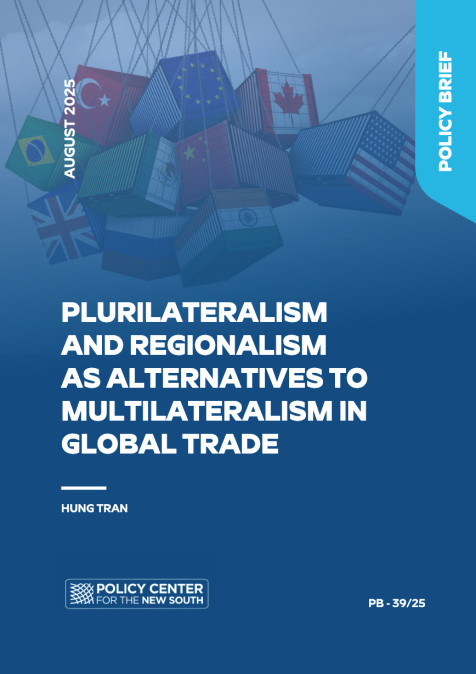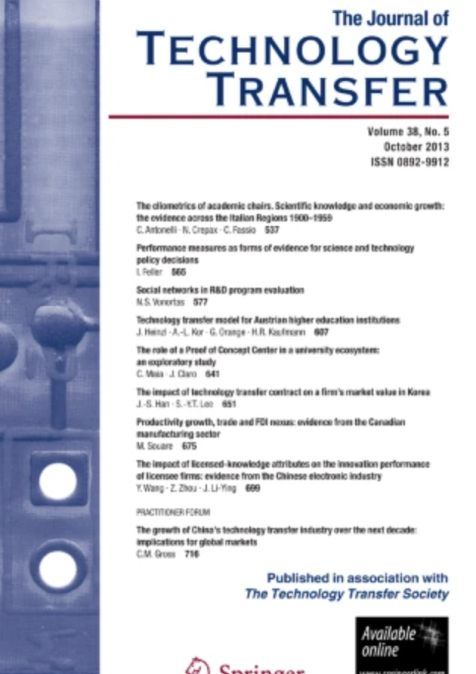Publications /
Opinion
The author of this opinion, Gabriela Keseberg Dávalos, is a 2013 alumna of the Atlantic Dialogues Emerging Leaders Program.
On August 17, 2025, Bolivians did what once seemed unthinkable: they voted the Movement for Socialism (MAS) out of power, after almost two decades of dominance. For a country where last-minute surprises are the political norm, this outcome feels extraordinary. But the verdict is clear: MAS, the party that defined Bolivia’s politics for an entire generation, has collapsed—and the people delivered the decisive stroke at the ballot box.
A second round in the presidential election is still to come, on October 19. This in itself is historic— for the first time in Bolivian history, a runoff will decide the presidency. Whoever wins will inherit a fractured Congress, split into several blocs. No single party holds the majority. Without coalitions and pragmatic compromise, no reforms will move forward.
The driving force behind this shift is economic despair. Bolivia has been in a downward spiral for the past few years. Food and medicine prices have soared to unbearable heights, inflation eats away at everyday life, millions are locked in a daily struggle just to survive. Frustration, long endured with patience, has hardened into anger, and finally into a resounding rejection of the government.
But domestic economic issues alone don’t explain MAS’s downfall. The party corroded from within, splitting and decaying into an arena for infighting. Once a beacon of popular hope, it morphed into a repressive power. Its legacy includes more than 200 political prisoners, a thousand exiles, and the systematic hollowing-out of democratic institutions. What began as a ‘movement of the people’ ended in self-destruction.
At the center of this decay was Evo Morales. He started as a symbol of indigenous pride and national renewal. He ended as a narcissistic autocrat. Obsessed with staying in power indefinitely, following his idol Fidel Castro, Morales drained the movement of credibility. Scandals, including serious allegations of misconduct, deepened public disillusionment. And, instead of grooming younger leaders, such as his protégé Andrónico Rodríguez, Morales sabotaged them. He succumbed to vanity and mistrust.
Still, the election results defied predictions. Polls pointed to a tight race. But the 15% of undecided voters tipped the balance. Rodrigo Paz Pereira, candidate for the Christian Democratic Party, was languishing below 10% just a week before the vote. On election day, he won the first round with 31%.
Paz offers a middle course: moderately left on economics, socially conservative, but with a progressive streak. As the son of former president Jaime Paz Zamora, he combines experience with dynastic legitimacy. His calm, approachable style appealed to wavering MAS voters, who wanted change without the radicalism of conservative challengers. In Santa Cruz and the lowland economic hubs, by contrast, voters rallied around veteran opposition figures Jorge ‘Tuto’ Quiroga and Samuel Doria Medina.
The runoff in October will be between Paz and Quiroga. Equally striking has been the behavior of the losers. Doria Medina, once a favorite, conceded defeat gracefully and endorsed Paz. In a political culture long poisoned by fraud allegations and conspiracy theories, such dignity is rare. It may signal the start of democratic normalization.
Yet the challenges awaiting the next president are formidable. Stabilizing the economy is urgent. Without credible plans to fight inflation, boost production and trade, and restore international confidence, Bolivia risks further decline.
Even more critical is breaking with MAS’s authoritarian legacy. The use of courts as political weapons, the persecution of dissenters, impunity for party insiders—all these must end. Restoring the rule of law and institutional integrity is the only way to regain the trust of citizens.
Bolivia’s August 17 election marked more than a change of government. It was the closing of a chapter. MAS, once the undisputed force in Bolivian politics, is now a shadow of its former self. The mood in the country remains uncertain, but is also hopeful. Bolivians have shown they want change. And they have shown it peacefully, democratically, and decisively. It will be up to new leaders to honor that choice.
Gabriela Keseberg Dávalos is a German-Bolivian journalist and political scientist. She served as senior foreign policy adviser to the Vice-President of the European Parliament on democracy and human rights.











